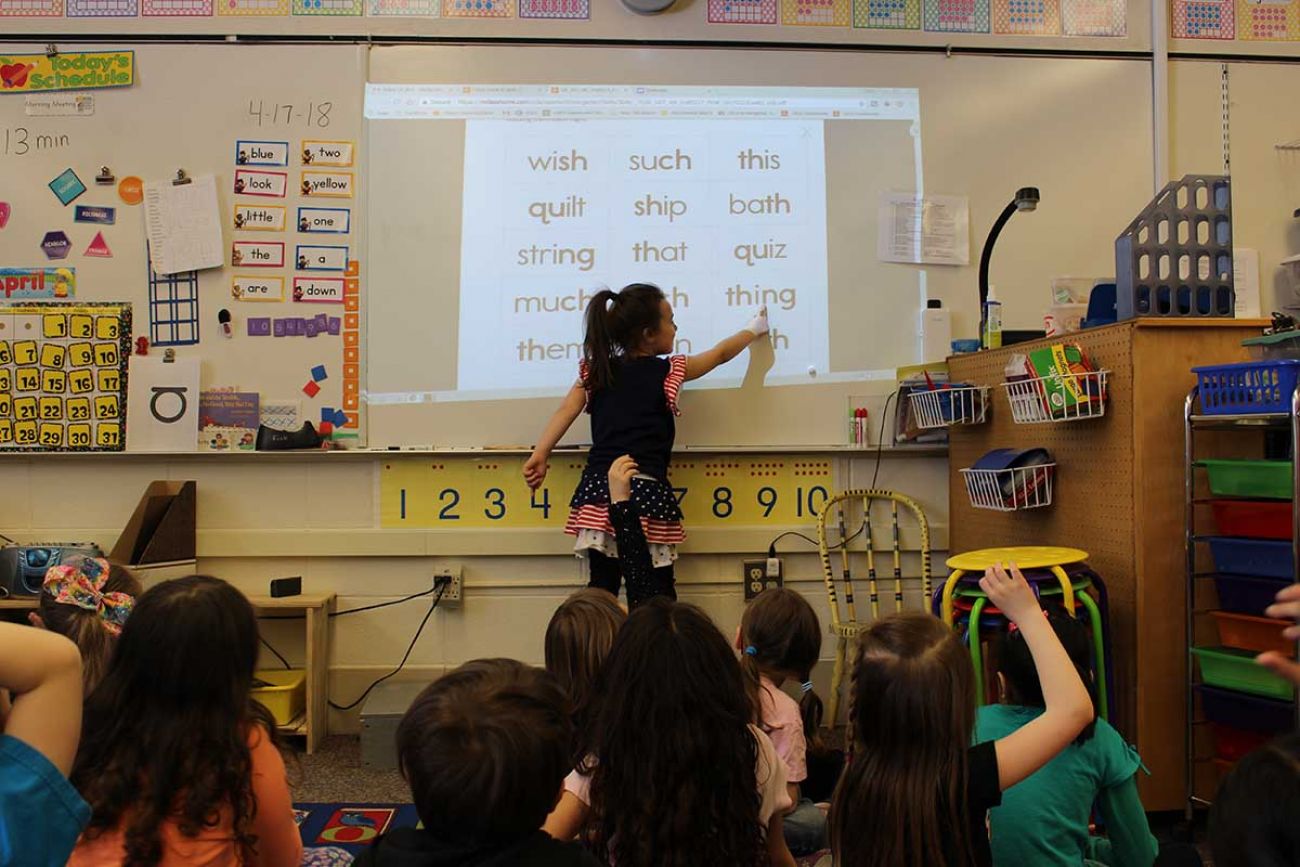M-STEP shows no progress for Michigan’s struggling third-grade readers

Statewide early literacy efforts haven’t helped Michigan’s struggling readers.
That’s sobering news for Michigan schools, as well as families with children entering third grade. Beginning this school year, third-graders reading at below second-grade level risk being retained in grade.
Last school year, three of 10 Michigan third-graders were “not proficient” in English language arts, according to results released Thursday from the spring 2019 round of M-STEP, Michigan’s federally-required standardized test given to students in grades 3-8.
- Related: See how your school scored on the M-STEP
- Related: Six times more third-graders may flunk next year under Michigan reading law
- Related: Detroit district test scores gain on Michigan’s, but there’s a long way to go
That’s notably worse than 2015, the first year Michigan students took the M-STEP, when 24 percent of third-graders were not proficient in English language arts.
In 2016, the Michigan Legislature passed a third-grade reading law that recommends students be held back if they are more than a year behind in reading. The Legislature delayed implementation of the law until the 2019-20 school year to give the Michigan Department of Education time to figure out how to determine which kids would flunk, and to give schools time to beef up early reading efforts.
Since 2016, the state has spent at least $110 million on early reading programs that school districts had used for efforts ranging from reading specialists to new curriculum to smaller class sizes in early grades. Schools are also required to inform parents when their children are struggling to read, and to provide individual plans for helping them catch up with their classmates.
Those efforts appear to have not helped so far. In 2016, when the third-grade reading law passed, 29 percent of third-graders were not proficient in English language arts; in 2019, 30 percent were not proficient, roughly the same as last year.
Scores on the M-STEP will be used to help determine which students should be recommended to be held back. Those students will be a subset of those deemed not proficient. State officials say about 5 percent of third-grade students would be subject to the retention policy. That’s about 5,000 students statewide.
By comparison, 777 third-graders were held back in 2017-18.
Michigan Education Watch
Michigan Education Watch is made possible by generous financial support from:
Subscribe to Michigan Education Watch
See what new members are saying about why they donated to Bridge Michigan:
- “In order for this information to be accurate and unbiased it must be underwritten by its readers, not by special interests.” - Larry S.
- “Not many other media sources report on the topics Bridge does.” - Susan B.
- “Your journalism is outstanding and rare these days.” - Mark S.
If you want to ensure the future of nonpartisan, nonprofit Michigan journalism, please become a member today. You, too, will be asked why you donated and maybe we'll feature your quote next time!






